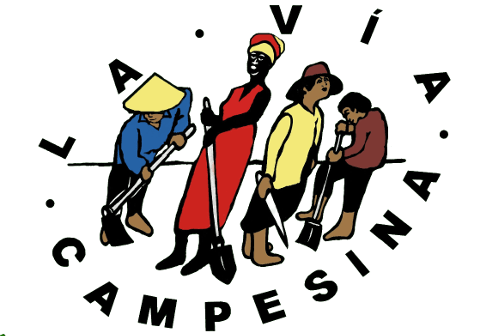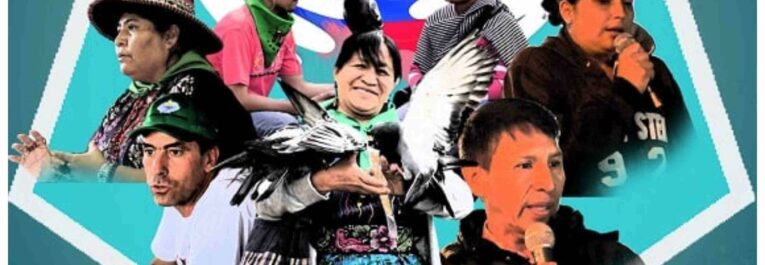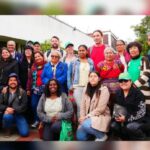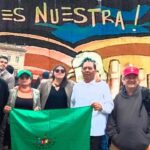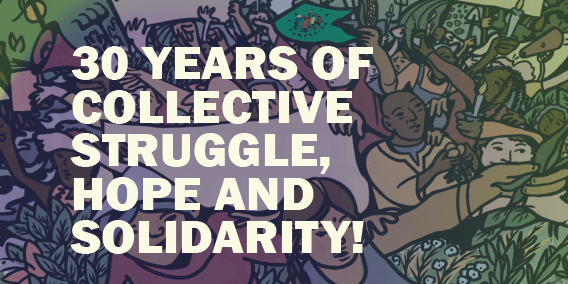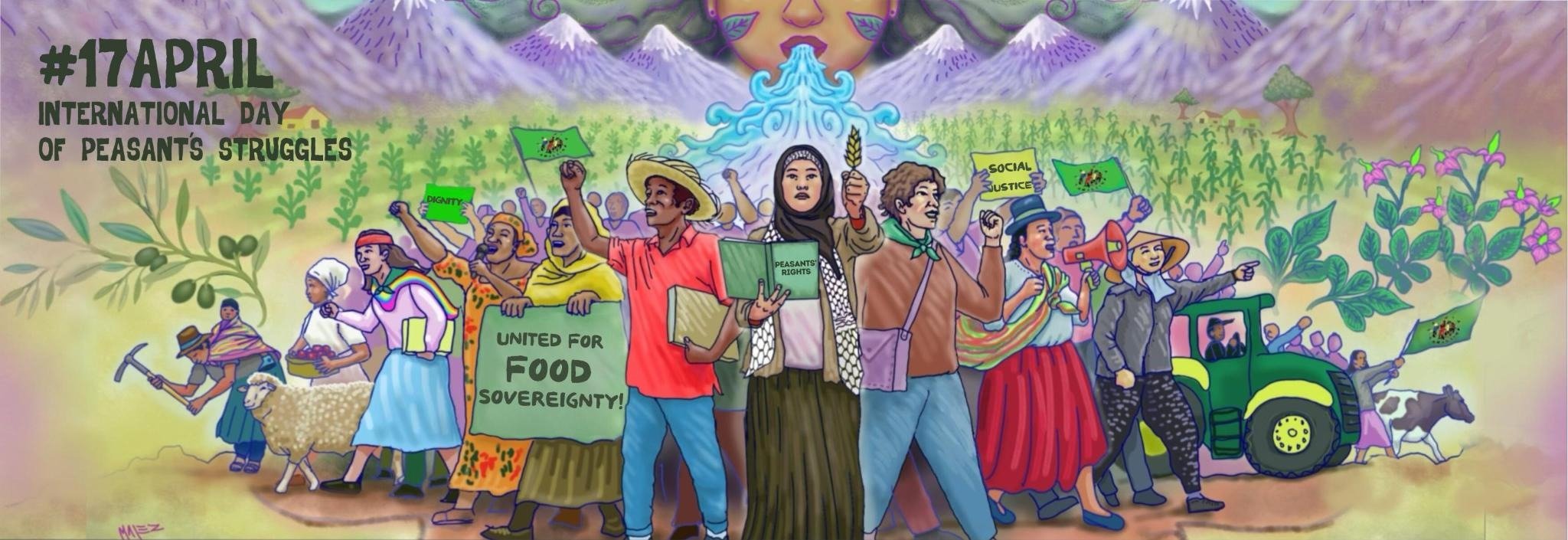Fourth anniversary of the signing of the Peace Agreement in Colombia
November 24th was the fourth anniversary of the day when the Colombian State and the Revolutionary Armed Forces of Colombia (FARC-EP) signed an agreement to end the oldest armed conflict in Latin America.The hope that this event had raised among Colombian people and the whole world four years ago has vanished since then.
The post-agreement scenario has been characterized not only by the State’s blatant failure to meet the commitments made in Havana but also, and mainly, by a bitter upsurge of violence at the national level, which affects primarily the rural communities living in the forgotten corners of the country.
In the course of these four years, 1058 social leaders and human rights defenders have been murdered. Of the total number of victims, 254 have been killed in 2020, which means that on average, six social leaders or human rights defenders are killed each week in Colombia. Likewise, 238 ex-combatants have already been killed.
Massacres are on the rise: from January to November 22, 2020, 77 massacres have been registered wherein 309 people have been killed. It is a worrying increase, considering that the OHCHR had catalogued 2019 as the year with the highest number of massacres since 2014, documenting 36 cases of this type.
Duque’s government has been negligent in the face of the delicate human rights situation in the country. It manipulates figures on the number of homicides, ignores the systematic nature of the facts and has lacked the will to design a public policy for the dismantling of criminal organizations, which is also a commitment made in point 3.4 of the Agreement.
His government has persisted in shattering the Peace Agreement. It attacks the Special Jurisdiction for Peace – JEP, fails to finance the entities in charge of implementation. It refuses to conclude agreements for the substitution of crops for illicit use with the communities and prioritizes forced eradication activities through the Public Force. These actions are causing situations of human rights and international humanitarian law violation; the primary victims are the rural communities: peasants, indigenous and afro-descendants.
The State of implementation is precarious. Only a 4% progress has been made in the normative implementation of the Agreement in rural matters. Even more, the Duque Government has effected a change in the notion of rural development of the territories based on the comprehensive and territorial intervention of the State towards a security and militarization perspective. Under this, it has designed territorial figures such as the ‘Future Zones’ that start from a logic of State intervention characterized by militarism, reinforcing the presence of the Army in regions where armed confrontation, illicit crops and weak institutional presence persist.
It has been four years since the signing of the Peace Agreement and the first hectare of land has not yet been handed over to peasant, ethnic or ex-combatant communities. The government’s efforts have focused on militarizing the territories and distorting the spirit of the Agreement.
The Colombian Army is one more threat to the communities, as cases of peasants and indigenous people killed by the public forces increase, as do instances of women and girls kidnapped and raped by the military. The persecution, surveillance and profiling of journalists, opposition politicians and human rights defenders continue.
In international spaces, Duque cynically asserts that the implementation of the Peace Agreement in Colombia is advancing, but the reality in the country is very different. Under his government, hope for an effective democratic opening has vanished, comprehensive rural reform has been called into question, and the dominant elites continue to resort to genocide as a political practice.
However, peace remains an unfinished process. Different sectors of the Colombian society fly the peace flag as one of their demands: students, trade unionists, teachers, artists, young people, peasants, indigenous people, afro-descendants, men and women committed to the construction of peace and who constitute the opposing force to the advance of the violence and the pretensions of shattering the Agreement.
We recognize that peace in Colombia is in dispute. La Via Campesina, as an international accompaniment to the implementation, reiterates its commitment to the Colombian people in the process of building peace. Our work to follow up and support the process is maintained in the light of international solidarity. We firmly believe that peace in Colombia is peace for the world.
Globalize the Struggle, Globalize Hope!
